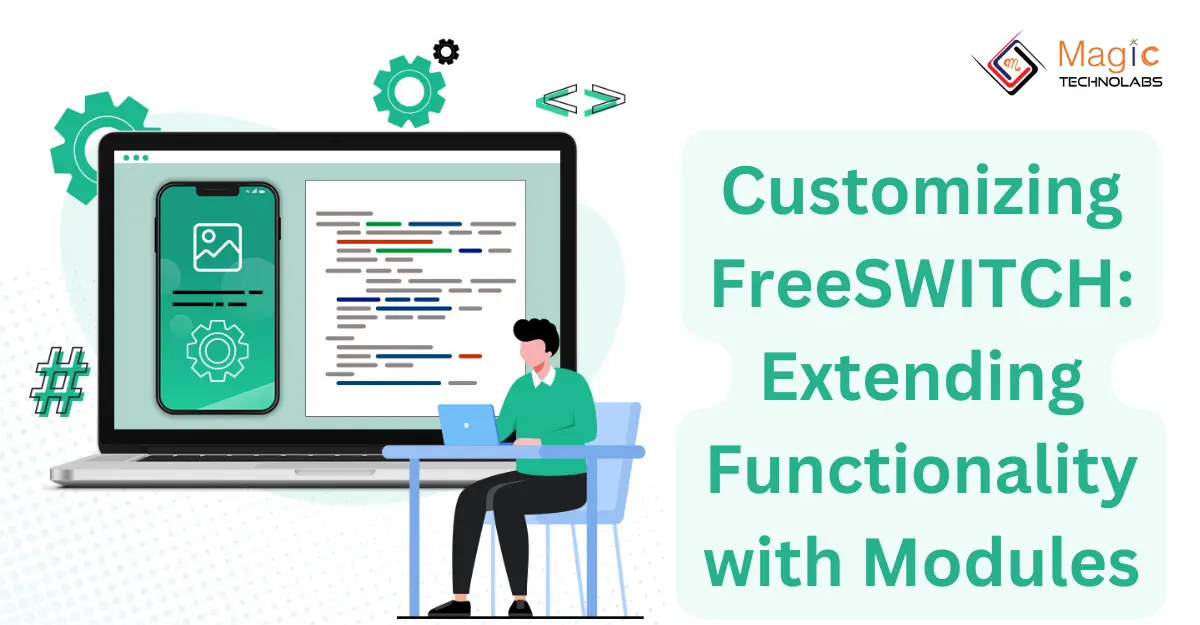Customizing FreeSWITCH with custom modules is a powerful way to extend its functionality and tailor it to specific needs. FreeSWITCH, an open-source telephony platform, offers a modular architecture that allows developers to add custom features and integrations seamlessly.
Modules in FreeSWITCH are pieces of software that add functionality to the core system. They can range from simple utilities to complex applications, providing a wide range of capabilities such as call routing, media processing, and protocol support.
One of the key benefits of customizing FreeSWITCH with modules is the ability to enhance its capabilities to meet unique requirements. Whether it's adding support for a new codec, integrating with third-party APIs, or implementing custom call processing logic, modules empower developers to extend FreeSWITCH's functionality in virtually limitless ways.
Developing custom modules for FreeSWITCH typically involves writing code in C or C++, as FreeSWITCH itself is written in these languages. However, FreeSWITCH provides a well-documented API and development environment, making it accessible to developers with varying levels of experience.
Creating a custom module begins with defining its functionality and identifying the hooks within FreeSWITCH where the module will integrate. This could involve handling specific events, intercepting SIP messages, or processing media streams.
Once the module's functionality is defined, developers can write the necessary code to implement it. This may include interacting with FreeSWITCH's internal data structures, accessing system resources, and interfacing with external libraries or services.
After the module is developed, it needs to be compiled and loaded into the FreeSWITCH runtime environment. FreeSWITCH provides tools and utilities to facilitate this process, allowing developers to deploy their custom modules quickly and efficiently.
Custom modules can add significant value to FreeSWITCH deployments by enabling tailored solutions that meet specific business requirements. Whether it's enhancing call routing capabilities, integrating with CRM systems, or implementing custom voice applications, custom modules empower organizations to leverage FreeSWITCH's flexibility and adaptability to achieve their goals.
In conclusion, customizing FreeSWITCH with modules offers a powerful way to extend its functionality and adapt it to unique use cases. By leveraging the modular architecture of FreeSWITCH and developing custom modules, organizations can unlock new features and capabilities that enhance their VoIP systems and drive innovation in communication solutions.
















